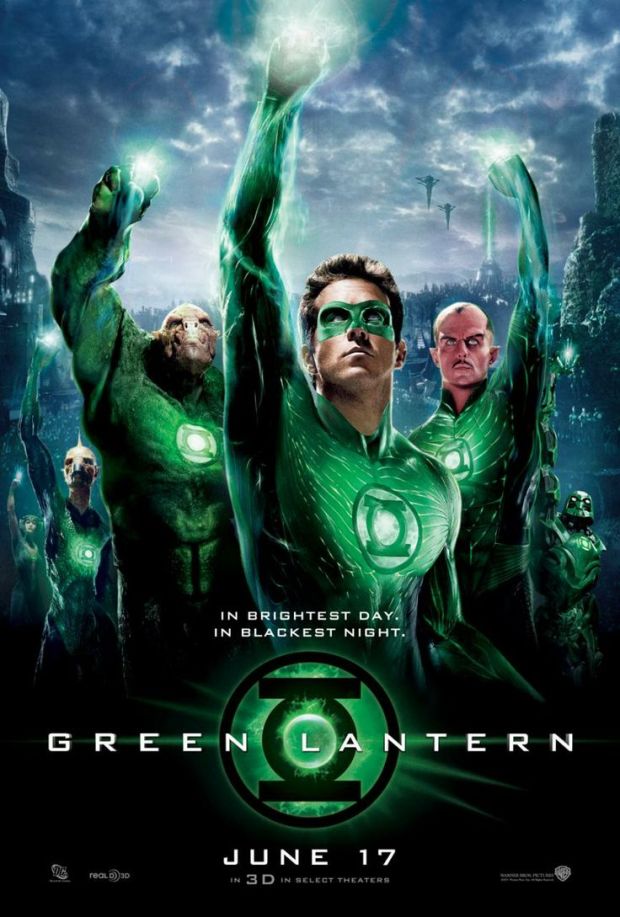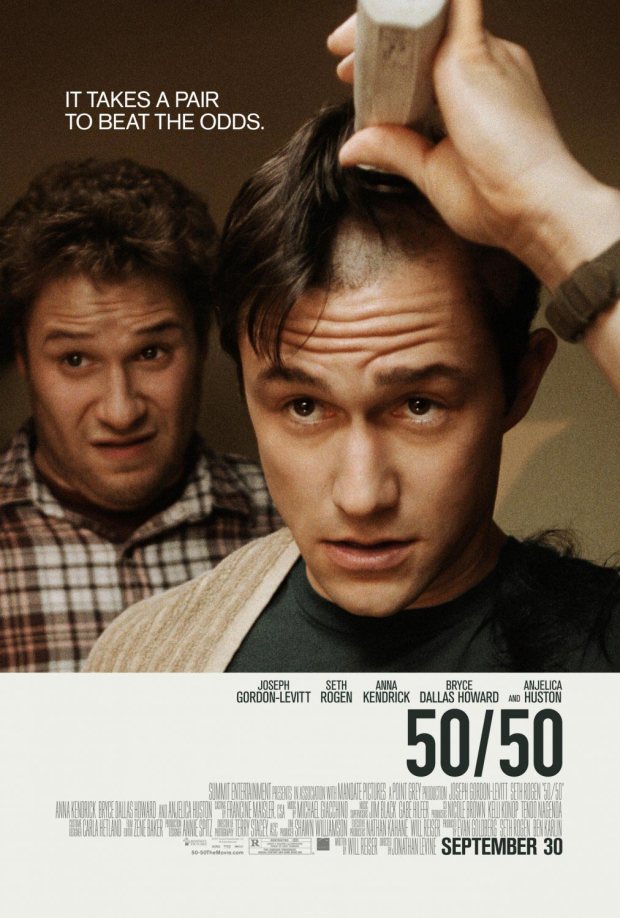Paranormal Activity: The Ghost Dimension is the sixth entry in the found footage franchise, this time promising to, for the first time, let us see the activity.
The “final entry” in the series of found footage films, Paranormal Activity was launched at a time when found footage had becomes something of a popular choice amongst studios – cheap to make, so easy to recoup the costs and parlay this into box office success to fuel the desire to make more.
“Why are you so interested in this?”
The franchise certainly has proven popular amongst some audiences, but is the sort of film that feels like it’s only scary to those unfamiliar with the genre or are susceptible to mass hysteria – everybody jumping because everyone is jumping at that scary thing that happened that probably doesn’t make sense, but “wasn’t it scary!”
“Sometimes it’s just a glitch”
Throughout the franchise, the films have built on the idea that each family involved has wanted to film their day-to-day lives, giving a reason for the paranormal stuff to be filmed whilst they’re being scared out of their wits. This is no different, with the family discovering a VHS camera and tape library that captures their interest, allowing Paranormal Activity: The Ghost Dimension to take it a step further, giving us more of the background to the disjointed film series.
As with earlier entries, the film builds up slowly – everything is normal, something odd is discovered, weird things happen, more weird things happen, everyone is scared and the film ends.
It’s difficult to remember the characters names, let alone care for them, as the script is so thin on character development, probably because the writers were more interested in getting to the next scary bit.
The problem with the found footage genre is that the footage has to have been found – with Cannibal Holocaust, it was a television studio contemplating showing the footage; Blair Witch Project, it was framed by “the students went missing, this footage was found”; but too often, as with Paranormal Activity, there’s a sense that the footage isn’t so much found as… just there. Are the family somehow reviewing their own footage of their own paranormal experience after the fact, as they do in the film? Thinking about this whilst watching the film suggests the levels of disengagement that I had.
If Paranormal Activity: The Ghost Dimension is the last film in the franchise, it ends very much as it began – a great idea on paper that never truly works.









You must be logged in to post a comment.